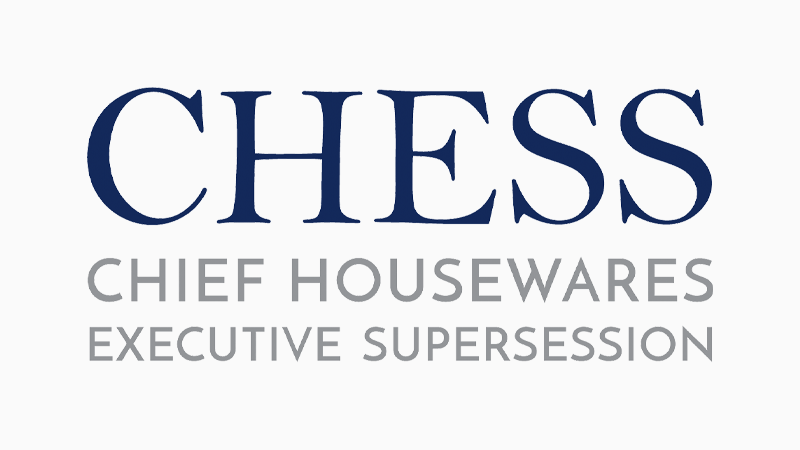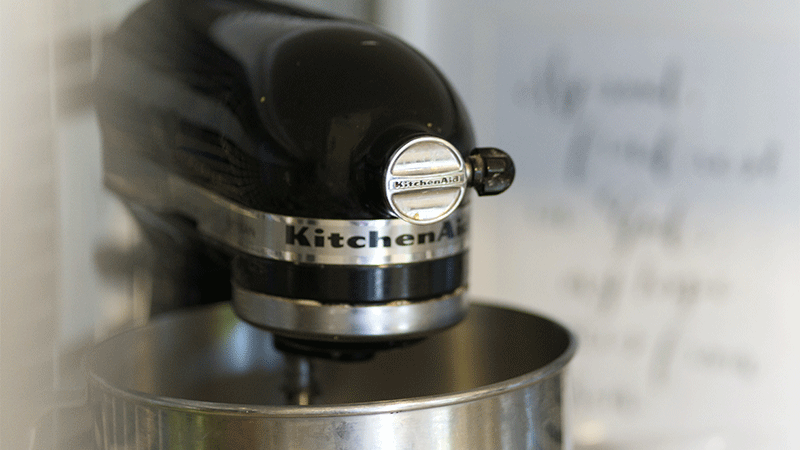An Under-Served Market for Brands
Do companies care about their customers after the sale is made? While most brands would probably say “Yes, of course!” that’s not the vibe that...
OUR SOLUTIONS
OUR TECHNOLOGY
3 min read
Registria : Apr 26, 2017 12:10:43 PM

DENVER, CO--(Marketwired - April 26, 2017) - A new study commissioned by Registria found that younger and more affluent consumers would prefer to connect with brands through their mobile device after purchasing a new product. According to the study, 47 percent of consumers aged 18-34, and 47 percent of consumers who make $100,000 and above, say they would like to receive product setup instructions, tips, and service and warranty information directly to their mobile device over receiving email or paper literature.

The March 2017 study conducted by Digital Research Group on behalf of Registria also found that 35 percent of all consumers would prefer this method of receiving information post-purchase.
Product registration has been the main vehicle for durable consumer brands to identify and understand their consumers. However, the traditional process of filling out paper or online registration information can be a barrier. In the study, 68 percent of consumers say they never register their products, and of those:
Fifty-six percent of consumers say that receiving warranty and service plan information is the most important reason to register a product, while 25 percent cite safety and recall notifications as the most important reasons to register.
These priorities shift among younger consumers aged 18-34, who think it is more important to register products in order to be notified of deals on accessories and complementary products. In addition, consumers with higher income of $100,000 and above say staying connected with a brand for loyalty and VIP programs is the most important reason to register.
"Consumers want to connect with the brands they buy. Their reasons for wanting to do so not only provide value to them as customers, but they are also significant revenue-generators for manufacturers," said Chris McDonald, CEO of Registria. "The process of product registration has evolved over the past 40 years, and mobile technology makes it even easier for brands to use product registration as an engaging way to onboard customers."
Registria's new 2017 Trends Report, which analyzes the product registration activity of more than 100 brands found that in today's connected world:
With the proliferation of smartphones, the process of product registration has evolved to meet the needs of today's digital consumers and has removed the barriers to registering products. In 2014, Registria introduced Photoregister, a mobile product registration solution that makes it easy for people to immediately register products by snapping a photo of a registration icon located on their product and then sending it via text or social messaging application such as Facebook Messenger to register.
Using this mobile method, more than 80 percent of registrations are seen through to completion.
Brands such as Whirlpool, Cuisinart, LG and NordicTrack use Photoregister to connect with customers. In the U.S., Photoregister is offered on more than 70 percent of all major appliances, and 83 million U.S. households have registered products using the solution.
The first product registration cards were created by National Demographics and Lifestyles (NDL), a database development and marketing company based in Denver, Colo., and sent out in 1977 to brands like Rival Cookware and Whirlpool.
At its height, NDL collected 23 million registration cards per year from 131 consumer goods companies, and employed hundreds of employees to tabulate the information into a database of information on the demographics and lifestyle characteristics of 36 million U.S. consumers. The information was sought after by direct marketers at insurance and financial institutions, catalogs and media who rented the lists for a variety of marketing purposes.
"The customers who returned product registration cards were the most receptive to receiving direct mail and other marketing information from consumer marketers," said Jock Bickert, founder of NDL. "We employed seven PhD statisticians who designed modeling techniques to identify which consumers would most likely respond to information and offers from brands, which proved to be invaluable to those companies."
Bickert sold NDL to R.L. Polk and Co. in 1988 and has since been inducted into the Direct Marketing Association's Hall of Fame. Through a series of mergers and acquisitions, what was previously NDL has evolved into Registria, an award-winning provider of customer onboarding and registration solutions.

Do companies care about their customers after the sale is made? While most brands would probably say “Yes, of course!” that’s not the vibe that...

Earlier this month we were pleased to attend and sponsor IHA CHESS 2017. CHESS – Chief Housewares Executive SuperSession – is the International...

Owner Math™, a proprietary ROI calculator based on Registria's accumulated knowledge of best practices and benchmark data, helps brands quantify...